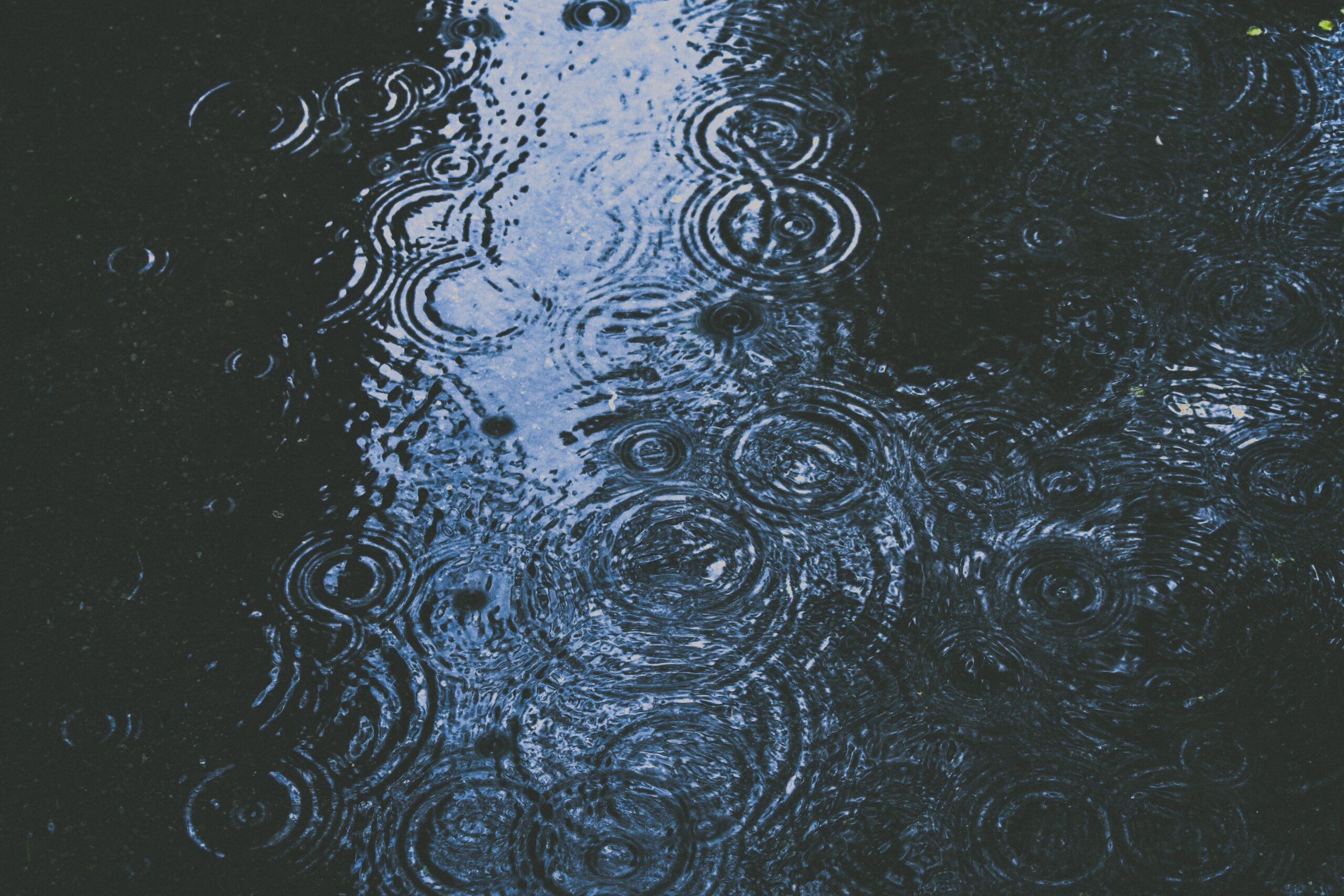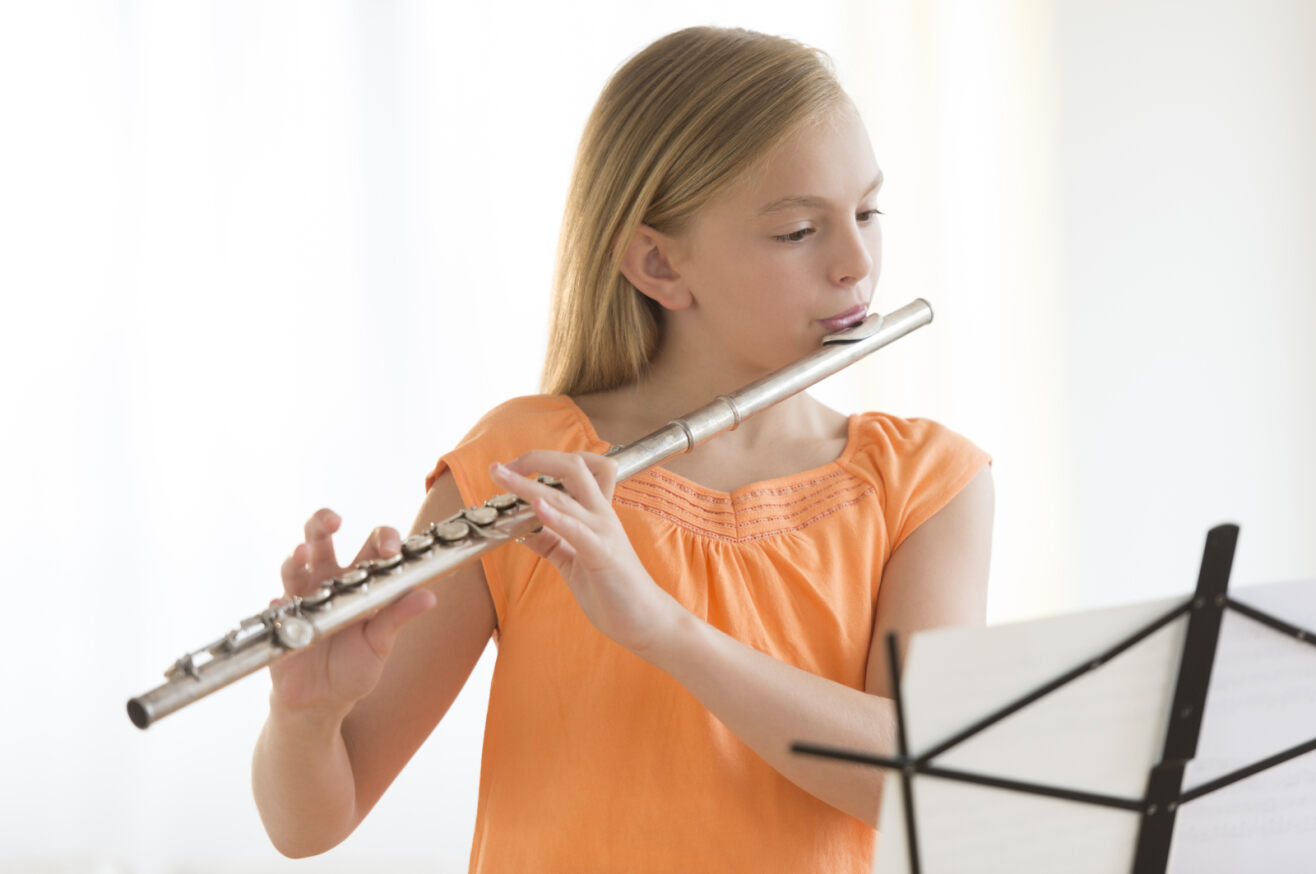September 11, 2019
How Weather Impacts Your Sound


Have you ever wondered how weather impacts your sound? Musical instruments need to be handled with care. Extreme weather and instruments don’t mix. Whether you play a stringed instrument, a woodwind, percussion, or brass, your instrument is a sensitive object that can be affected by many external factors including temperature and humidity.
For musicians who play outdoors, it’s important to understand how weather impacts your sound so you can take steps to protect your instrument. Learning about weather and instruments will also help you preserve the life of your instrument. When you know how weather impacts a musical instrument, you can take steps to protect it.
This information is also useful when you need to store an instrument for a long period, or transport it across long distances. By protecting your instrument against extreme weather, you’ll ensure that your sound is always the best it can be.
Cold Weather
In general, cold weather tends to be harder on instruments than hot weather. Low humidity, rain, and snow can cause problems for many types of instruments if you’re playing outdoors or storing your instrument improperly. Cold weather can cause damage to the instrument itself and cause your instrument to go out of tune more quickly. This is one of the many answers to the question of how weather impacts your sound.
Cold weather can impact stringed instruments such as violins and guitars by causing warping. Because these instruments are usually made from wood, when the temperature drops it can cause the wood fibers to contract. This can result in cracks as well as split joints. Damage to the body of the instrument means that your sound won’t be as full or resonant.
For instruments made from metals, such as brass and woodwinds, cold weather can also alter your sound. It may become too sharp or too flat as lower temperatures cause the instrument’s materials to shrink. Additionally, condensation from rain or snow can result in rusted keys and valves. Reeds in woodwind instruments may become soggy or grow mold if exposed to prolonged moisture.
If you play an electric instrument, such as an electric guitar or an acoustic instrument with electric pickups, cold weather can also impact your sound by damaging the electronics. It may cause the electrical components to slow down or stop working entirely.
Hot Weather
Whereas cold weather can cause an instrument to contract, hot weather usually has the opposite effect. In extreme heat, an instrument’s materials may expand. This affects the instrument’s ability to withstand tension. When asked how hot weather and instruments go together, many players report that their sound becomes “sluggish” in the heat.
How weather impacts your sound on hot days also depends on the type of instrument you play. For violins, cellos, or any other stringed instrument played with a bow, high temperatures affect the amount of friction between the bow and the string. This can make it more difficult to play and result in squeaks or other harsh tones.
In many parts of the world, hot weather is accompanied by higher levels of humidity. High humidity has been shown to be one of the main factors in how weather impacts your sound. For example, higher temperatures and increased humidity causes the mechanical components of a piano to swell. This increases the time it takes for the piano’s hammer to strike its string by 10 milliseconds. That might not sound like a long delay, but it’s enough to cause the player’s sound to change.
Tips to Protect Your Instrument
But weather and instruments don’t have to be enemies. By taking tips to protect your instrument, you can continue to have great sound in any temperature or humidity. Protecting your instrument from the weather will also prolong the life of your instrument and preserve its value.
Some tips for protecting your instrument against the weather include:
- Keep your instrument dry. If your instrument becomes wet from rain or snow because you were playing outdoors, dry it as soon as possible with a clean cloth. Don’t allow moisture to linger.
- Don’t leave instruments in a hot car. Exposure to heat for long periods of time can permanently damage your instrument, causing it to become warped and impacting tension in strings, keys, valves, and other key components.
- Close cases properly. Always ensure a tight seal when you put your instrument back in its case. Check to make sure there are no holes or gaps where air can enter.
- Use proper lubrication when necessary. If you find your instrument going out of tune due to changes in weather, you may be able to relieve the problem by using lubrication.
- Invest in hygrometers, humidifiers, and dehumidifiers. A hygrometer is a device which measures the amount of moisture in the air. You can use a hygrometer to determine a baseline humidity level for your instrument, then use humidifiers or dehumidifiers to adjust whenever the humidity levels change.
Has Weather Impacted Your Sound? Visit a Music & Arts Repair Shop!
If weather has impacted your sound or damaged your instrument, Music & Arts can help. Our certified repair technicians can fix almost any musical instrument. We are also an authorized service center for many of the most popular orchestra and band instruments.
With over 40 instrument repair centers nationwide servicing 200+ retail stores, there’s a Music & Arts near you that’s ready to help get your instrument back in perfect shape. Contact us today.






